Positive Behaviour Support
Creative And Data-Based Solutions That Work!
Chrysalis Therapeutic Support Services (Chrysalis) is a registered to provide Positive Behaviour Support, Therapeutic Supports, life skills, family support, as well as assessment and training for carers, parents, and support workers. We provide trauma therapy for participants with intellectual disabilities. At Chrysalis, our approach to Positive Behaviour Support considers all aspects of the person, their support and environment. The client and their goals are at the centre of everything we do.
Do you or someone you know need behaviour support? Our team as Chrysalis is here to help.
What is Positive Behaviour Support?
Positive behaviour support is a person centred and evidence-based practice to assist people with a disability to reduce behaviours of concern. Behaviours of concern or challenging behaviours is how we describe a range of behaviours which some people with severe learning disabilities may display when their needs are not being met. Many challenging behaviours are a way for a person with learning disability to control what is going on around them. Positive Behaviour Support is not simply about getting rid of problematic behaviour, it is about making things that seem impossible, possible. It aims to increase the choices, control, and efficacy for participants with disability to improve their skills and quality of life. Furthermore, Positive Behaviour Support provides the right support for a participant, their family, and friends to help people lead a meaningful life and learn new skills without unnecessary restrictions.
Who is Positive Behaviour Support (PBS) for?
Positive Behaviour Support (PBS) is for anyone with behaviour difficulties. The approach can be used with people with intellectual, learning, developmental and social difficulties. The idea behind Positive Behaviour Support (PBS) is that all behaviour serves a purpose. If we can understand and know what the participant is trying to achieve or communicate by behaving in particular ways, challenging behaviour can be prevented or reduced.
NDIS Positive Behaviour Support Plan
The NDIS Positive Behaviour Support Plan is a roadmap for carers and support people to assist them to communicate more effectively with the participant. It allows them to understand what situations or environments may trigger off a behaviour of concern in a participant and intervene early to prevent the behaviour from occurring. The plan is aimed at making challenging behaviour unnecessary by removing the things that trigger, encourage or reward that behaviour. It will also teach the participant an alternative and more appropriate behaviour to replace the challenging behaviour.
Want to learn more about NDIS Positive Behaviour Support? Contact us today.
Eliminate The Guesswork And Receive S
trategies For Positive, Sustainable Change!
Importance of Functional Behaviour Assessments – Behaviour Support
At The Chrysalis Group, our plans are based on a comprehensive, evidence-based Functional Behaviour Assessment (FBA). An FBA identifies where, when and the likely reasons why a behaviour of concern happens. For particularly challenging behaviours of concern, a behaviour support plan is believed to be more effective where it is informed by an FBA. Without an understanding of the function of the behaviour the plan may be less successful.
Our Behaviour Support Process
Assess the client
Our Behaviour Specialists begin by completing a comprehensive assessment of the client by using a variety of evidence-based assessments and clinical observations. Our clinicians attend day and work programs, schools, workplaces, and any activities that the participant is engaged in to identify and evaluate the challenging behaviour and the general setting of its occurrence.
Assess their environment
We then assess the environment to collect behaviour data, such as events, times and situations that predict problem behaviour.
Collaborate with other allied health professionals
Once we have assessed the client and their environment, we then collaborate with other allied health professionals and support people involved in the participant’s life.
Preparation of the carer briefing
Based on the outcome of the assessment, we will then prepare the carer briefing.
Implementation of plan
Finally, we then proceed with the development and implementation of the Positive Behaviour Support Plan and strategies. We deliver tailored training in Positive Behaviour Support plans to ensure effectiveness.
Behaviours Of Concern Supports
Our team of Behaviour Specialists use an evidence-based approach by working in partnership with individuals, families, and carers to develop an understanding, expand knowledge, skills, and resources, and improve wellbeing, and quality of life for the participant. At Chrysalis, our Behaviour Specialists can provide specialised support for the following behaviours of concern and much more:
Refusing to do things or cooperate
Running away
Fighting with siblings/parents/family members
Spitting or faecal smearing
Aggression and violence
Harming others
Withdrawal
Self-harm and suicidal behaviour
No two individuals and their behaviour of concern are the same. Therefore, it is important for each Positive Behaviour Support Plan to be person-centred and created on a case-by-case basis to ensure maximum effectiveness.
Resources & News
Our Resources & News Page is a stepping stone towards a more informed, supportive, and positive way of life. Begin your exploration here.
FAQ
-
Positive Behaviour Support (PBS) involves a systematic approach to behaviour assessment, intervention planning, and ongoing support. It emphasises understanding the underlying causes of behaviours and implementing strategies to promote desired behaviours.
-
The key principles of Positive Behaviour Support include person-centred planning, individualised strategies, data collection, prevention, teaching alternative behaviours, and monitoring progress.
-
Yes! Positive Behaviour Support focuses on reducing the use of restrictive interventions (e.g., seclusion, restraint) and instead emphasises proactive strategies like communication training, teaching new skills, and modifying the environment to prevent challenging behaviours.
-
Consistent: When an individual consistently displays behaviours of concern that disrupt their daily life.
Improvements: If you've tried various strategies and interventions but haven't seen significant improvements in well-being, behaviours etc
Safety: If there are safety risks, such as the risk of harm to themselves or others.
Changes in Environment or Routine: Sometimes, changes in an individual's environment or routine can bring challenges. We can help you create targeted plans to support you during transitions.
Caregiver Stress: If family members, caregivers, or support providers are feeling overwhelmed or stressed, seeking Positive Behaviour Support can help reduce burnout and uncertainty and improve the overall well-being of everyone involved.
-
Yes, strategies can be implemented in various settings, including home, school, residential facilities, and community environments.
-
The timeline for seeing results can vary depending on the individual and the complexity of the behaviour. Some changes may be observed relatively quickly, while others may take more time and consistent effort.
Our team are with you every step of the way!
-
If there is no funding in your plan for behaviour support, still get in contact with Chrysalis' intake department. We may be able to utilise funds that are in your plan to assess and recommend funding for behaviour support in your next plan.
-
Behaviour Support can use funding from the Improved Relationships section of your plan. Certain parts of behaviour support can also be funded through the Improved Daily Living part of your plan if there are no Improved Relationship funds available.
-
Yes! While our aim is always to reduce the use of restricted practices, we can work with teams to ensure all potential restricted practices are identified and authorised, if required, while we work on alternate strategies and fade out with the team.
Positive Behaviour Support goes beyond addressing issues; it's a transformative approach that turns the impossible into possible.








